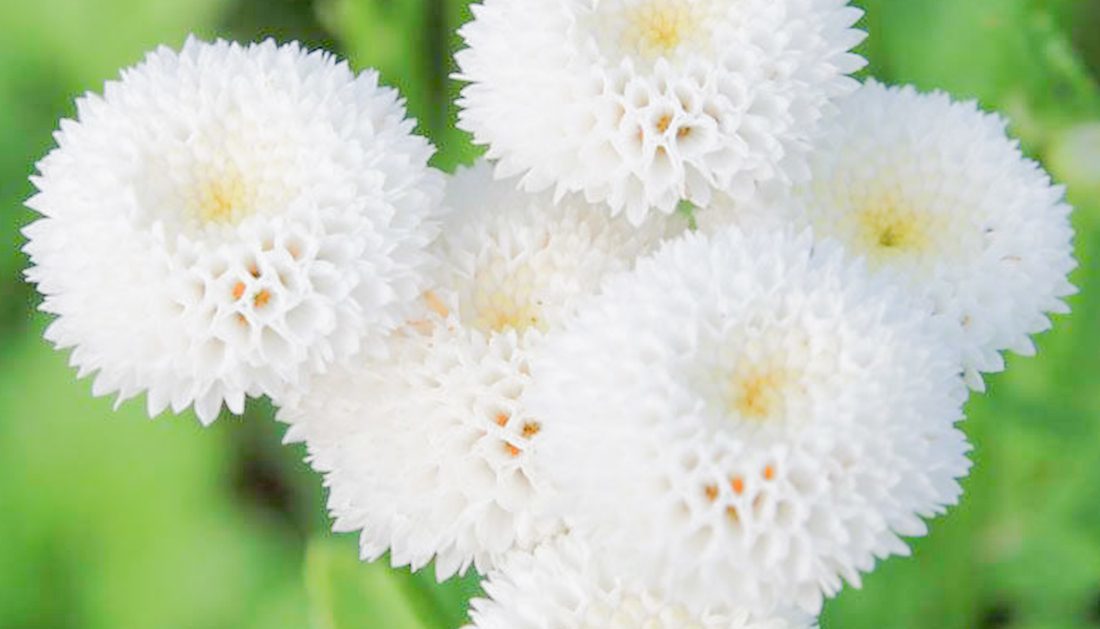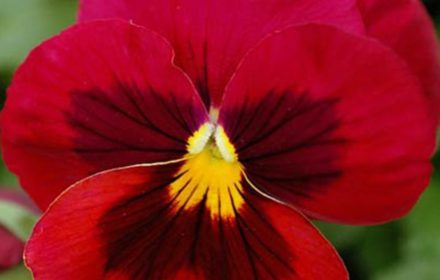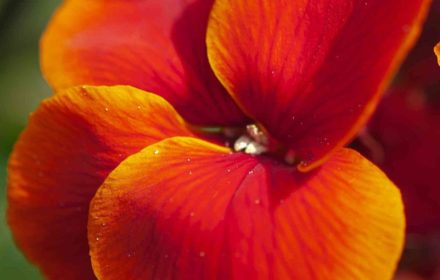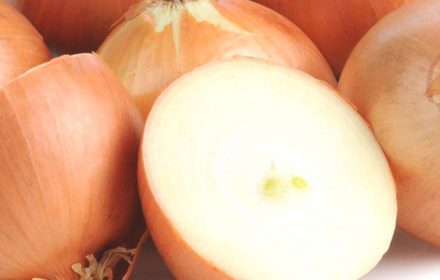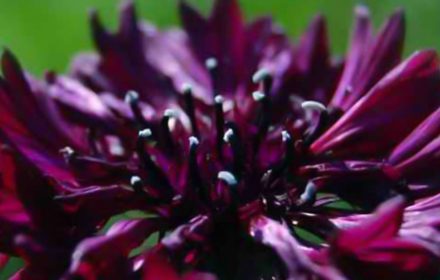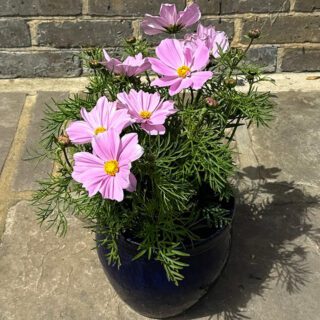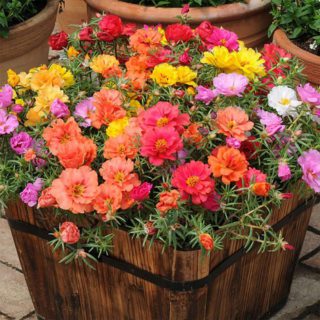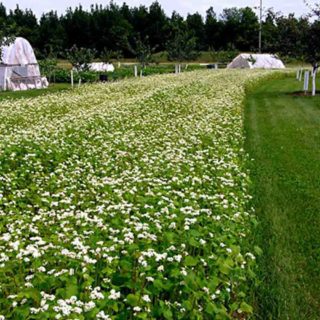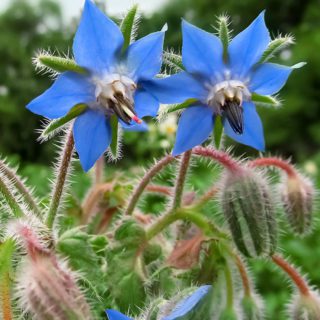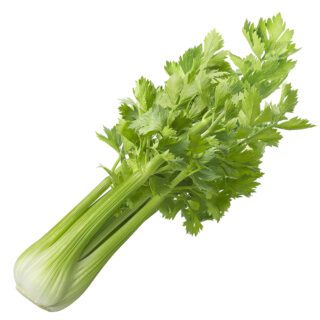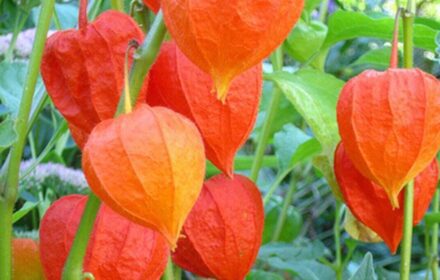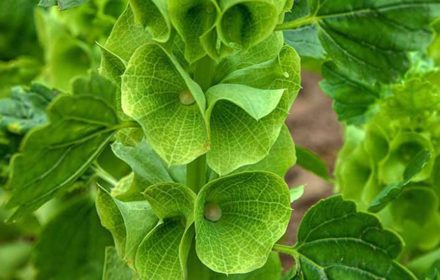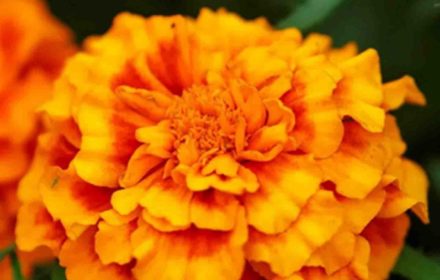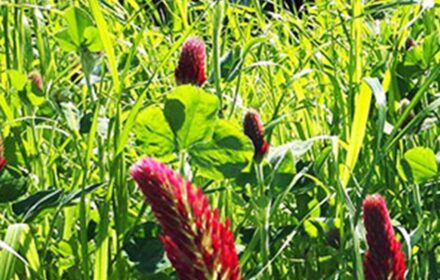How to Sow Snowball Daisy Seeds in the UK
Snowball daisies are a stunning addition to any garden, producing abundant white, double blooms on tall stems. These short-lived perennials thrive in borders, pots, containers, and flower beds, adding a touch of elegance with their fragrant flowers and lush green foliage. With a mat-forming growth habit, snowball daisies will self-seed if left undisturbed, making them an excellent choice for cottage-style gardens or mixed herbaceous borders.
When and Where to Sow Snowball Daisy Seeds
- Indoor Sowing: Start seeds indoors between late winter and early spring (February to April) for an extended blooming period. Use seed trays or small pots placed in a bright, warm location.
- Outdoor Sowing: Direct sow outdoors after the last frost has passed (May onwards) when the soil is warm and workable. Choose a sunny, well-drained location for best results.
Ideal Growing Conditions for Snowball Daisies
- Soil Requirements: Prefers light, well-drained, fertile soil enriched with compost. Avoid heavy or waterlogged soil, which can hinder root development.
- Sunlight: Thrives in full sun, producing the most blooms in bright conditions. Tolerates partial shade, though flowering may be reduced.
- Temperature: Ideal germination temperature is 18-21°C (65-70°F). Established plants can tolerate cooler UK temperatures but may need winter protection.
How to Sow Snowball Daisy Seeds Indoors
- Prepare Containers: Fill seed trays or small pots with fine, well-draining seed compost.
- Sowing Depth: Sow seeds 6 mm (¼ inch) deep and cover lightly with compost. Snowball daisy seeds require light to germinate, so avoid burying them too deeply.
- Moisture and Humidity: Keep compost moist but not waterlogged. Place trays in a bright location, such as a windowsill or greenhouse.
- Germination Conditions: Maintain a temperature of 18-21°C. Germination occurs within 10-15 days.
- Thinning and Transplanting: Once seedlings reach 10 cm (4 inches) in height, transplant them to larger pots or their final growing location. Harden off over 7-10 days before moving outdoors.
How to Sow Snowball Daisy Seeds Outdoors
- Soil Preparation: Loosen the soil with a rake and remove weeds before sowing.
- Sowing Depth: Scatter seeds thinly across the soil or sow in rows spaced 20-30 cm apart. Cover lightly with soil to allow some light exposure for germination.
- Watering: Water gently to keep the soil moist but not soggy. Avoid overwatering, as excess moisture can slow germination.
- Thinning Seedlings: Once seedlings are established, thin them to 15-20 cm (6-8 inches) apart for proper airflow and growth.
Caring for Snowball Daisy Plants
- Watering: Keep the soil consistently moist, especially during dry spells. Mature plants are relatively drought-tolerant but still benefit from regular watering.
- Feeding: Apply a balanced general-purpose fertiliser once during the growing season for healthier blooms.
- Deadheading: Remove spent flowers regularly to encourage prolonged blooming. Allow some flowers to self-seed if you want natural regrowth.
- Overwintering: Snowball daisies are short-lived perennials and may not survive harsh winters. Apply mulch around the base in autumn for extra protection.
Common Questions About Growing Snowball Daisies in the UK
- Can snowball daisies grow in containers? Yes, they thrive in containers and pots, provided they have good drainage and are placed in a sunny location.
- How tall do snowball daisies grow? They typically reach 45-60 cm (18-24 inches) in height, making them an ideal border plant.
- Do snowball daisies self-seed? Yes, snowball daisies have a mat-forming habit and will self-seed if left undisturbed.
By following these steps, you can enjoy a stunning display of snowball daisies in your garden, enhancing your space with their charming white blooms and delightful fragrance. Perfect for UK gardens, these versatile flowers will make an impact in any setting.

